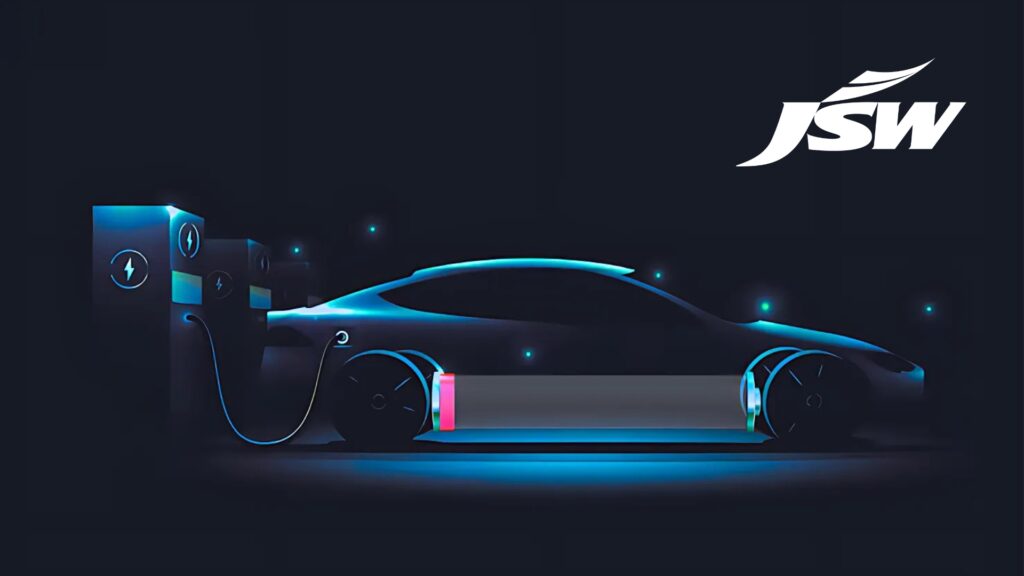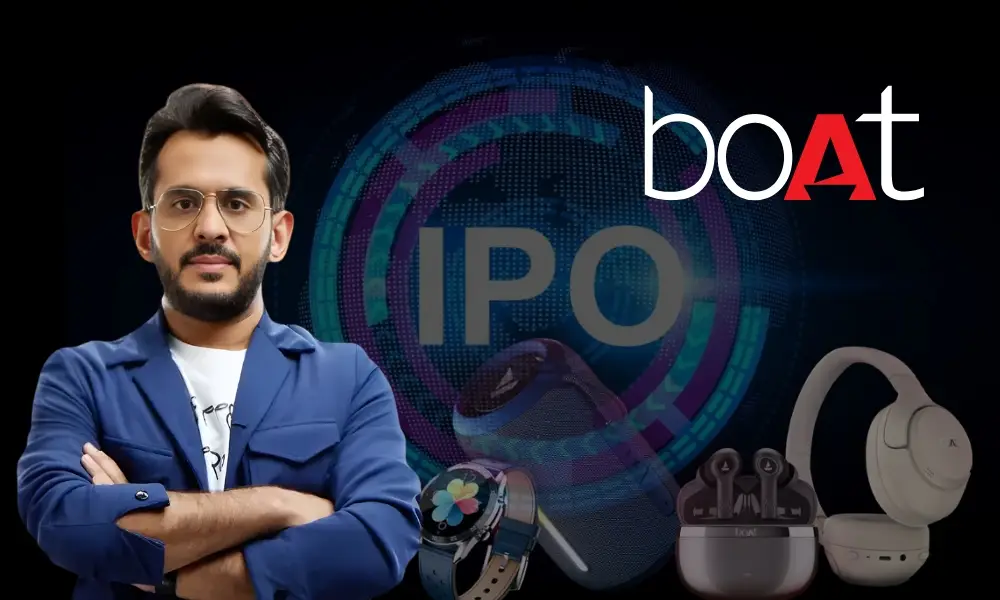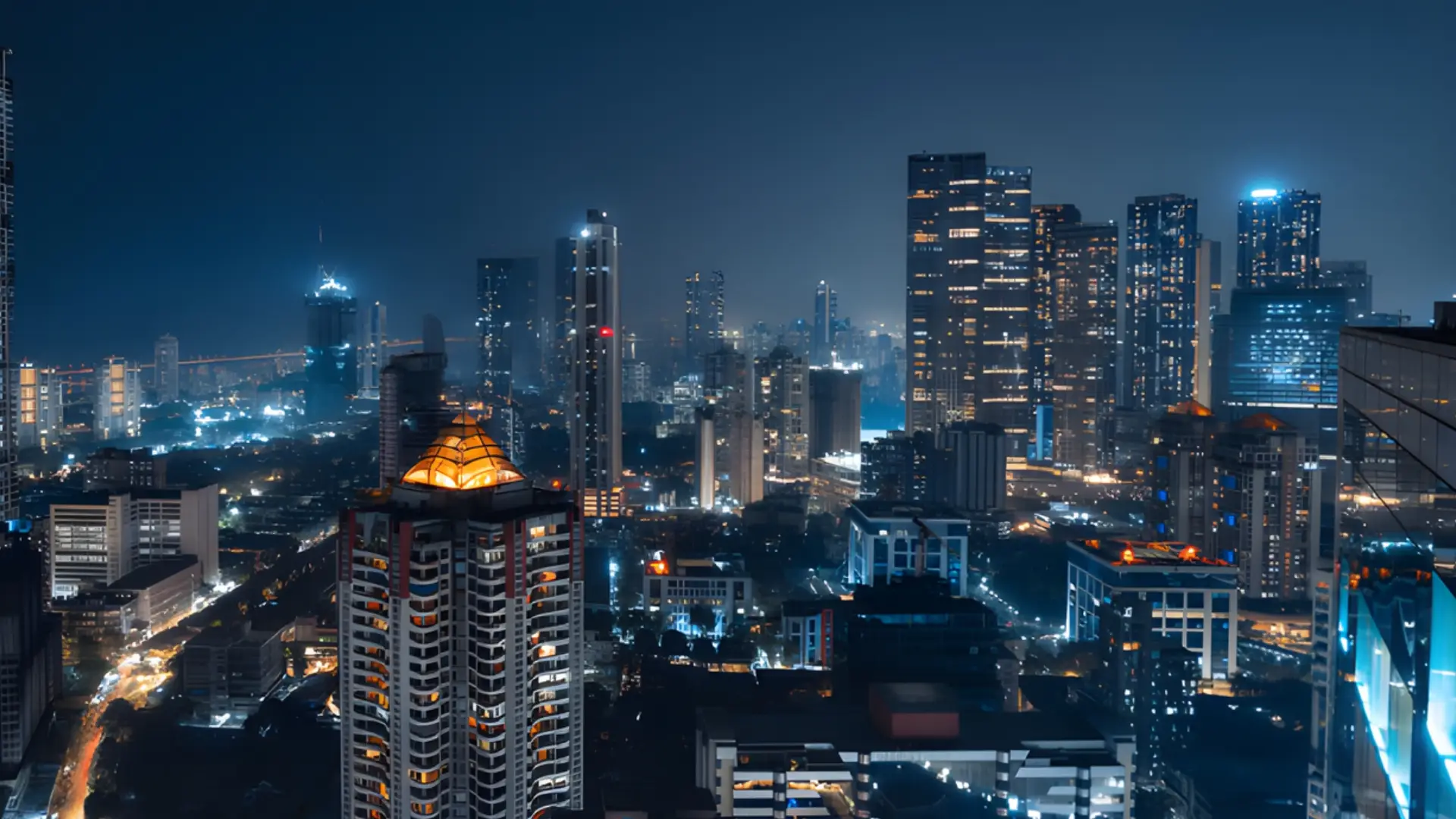JSW Group is making waves with the launch of JSW Motors Ltd, an ambitious $3 billion investment aimed at constructing a cutting-edge, domestically produced electric vehicle ecosystem in India by 2027. This move signals JSW Group’s commitment to expanding its portfolio and solidifying its presence in the rapidly growing EV market. JSW Motors, as a subsidiary, is poised to become a key player in India’s clean mobility revolution.
CEO Ranjan Nayak emphasizes that the substantial financial commitment will fuel product development, establish advanced manufacturing facilities, and create a comprehensive EV ecosystem tailored to Indian consumers. The construction of a 630-acre automotive hub in Bidkin, Maharashtra, underscores this ambition, potentially disrupting the market by accelerating New Energy Vehicle (NEV) adoption. The first NEV from JSW Motors is slated to hit Indian roads in 2026. Beyond passenger vehicles, plans for commercial EVs, including electric trucks and buses, are anticipated as early as next year. A modern manufacturing facility is already under construction in Aurangabad, Maharashtra, paving the way for rapid scaling of production.
JSW Group intends to license EV technology from Chery Automobile, fostering a collaborative partnership. Chery’s technology will enhance JSW’s capabilities, potentially incorporating designs from Chery’s iCar brand SUVs. Chery has multiple sub-brands in its portfolio: Chery, Exeed, Luxeed, Jetour, Omoda, and Lepas. This venture will operate independently of the JSW-SAIC (MG Motor) joint venture.
JSW Group’s strategic vision includes building India’s largest EV manufacturing facility, with an annual production capacity of 300,000 passenger cars and 100,000 commercial vehicles in Maharashtra, creating numerous job opportunities and intensifying competition in the EV market. JSW aims to create a “smart, sustainable EV ecosystem for India,” combining global technologies with local strengths to produce affordable, cutting-edge vehicles, incorporating Italian design, German precision engineering, and South Korean manufacturing techniques.
JSW has signed a ₹40,000 crore MoU with the Odisha government to develop an EV and green energy ecosystem, encompassing a plant capable of producing 3 lakh passenger EVs and 1 lakh commercial EVs annually, a 50 GWh battery facility, a 6,000-tonne lithium refinery, and a copper smelter. Additionally, JSW is investing ₹27,200 crore in Aurangabad Industrial City (AURIC), Maharashtra, to establish its primary EV manufacturing hub, creating over 5,200 jobs.
Through JSW MG Motor India, the company aims to increase annual production from 1 lakh to 3 lakh units, with new vehicle launches expected every 3-6 months starting in late 2024. JSW is also increasing its stake in the JV to 84% as SAIC reduces its share. JSW Motors is in discussions with companies from Italy, Germany, South Korea, and China to enhance vehicle design and technology development. The group also plans a joint venture with LG Energy Solution for a 10 GWh battery plant by 2026.
JSW Group’s comprehensive approach, underscored by substantial investments and strategic international alliances, showcases its ambition and understanding of the evolving EV landscape. This positions JSW Group to compete vigorously in India’s burgeoning EV market. Vehicle launches under JSW Motors are anticipated in the second half of FY26.
Also Read: Tata 1mg’s Rise: How a Simple Idea Became India’s Trusted Digital Health Platform










